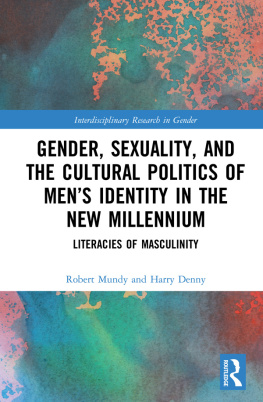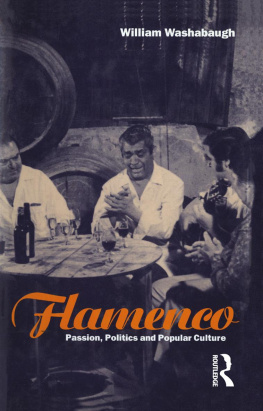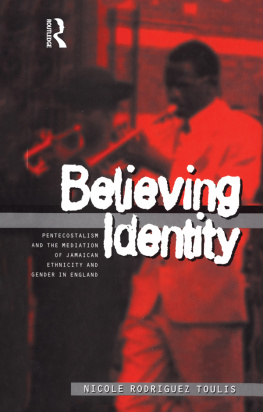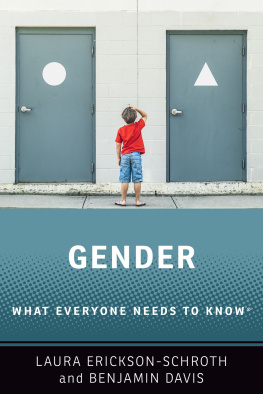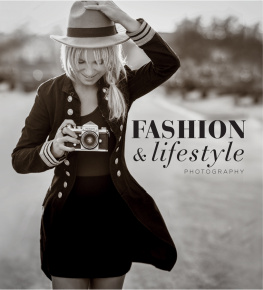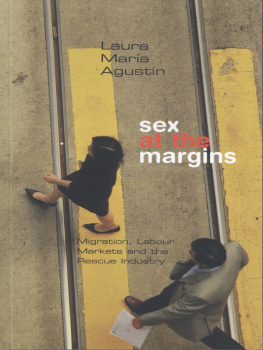Gender, Sexuality, and National
Identity in the Lives of British
Lifestyle Migrants in Spain
This book takes an intimate look at the lives of British migrants in Sitges, an affluent coastal tourist town in Northern Spain and investigates ideas of gender, sexuality, and national identity as they are brought to life through the voices of British lifestyle migrants.
Situating Sitges as a specifically affluent and middle-class location representing a particular form of lifestyle migration, this rich and detailed study explores how the experiences of British migrants re-inscribe culturally specific understandings of the relationship between space, place, culture and identity. What ultimately emerges is an account of the complex structural constraints of identity, as British migrants find themselves stuck within the stereotype of badly behaved Brits Abroad and entangled in highly conservative conceptualisations of gender and sexuality, that leave them unable to live the kind of cosmopolitan lifestyles that they so purposefully sought.
This is a fascinating study suitable for researchers in gender and sexuality studies, tourism, sociology, and anthropology.
Laura Dixon is a social anthropologist and the programme leader of Events Management at Liverpool John Moores University, UK. Her research to date focuses on recognition, cosmopolitanism, gender, and sexuality amongst privileged British lifestyle migrants in the tourist town of Sitges, in Spain. She is currently working on exploring ideas of temporality and spatialisation in relation to Britons who have recently returned from Spain to the UK.
Global Gender
The Global Gender series provides original research from across the humanities and social sciences, casting light on a range of topics from international authors examining the diverse and shifting issues of gender and sexuality on the world stage. Utilising a range of approaches and interventions, these texts are a lively and accessible resource for both scholars and upper-level students from a wide array of fields including Gender and Womens Studies, Sociology, Politics, Communication, Cultural Studies, and Literature.
Queering the Migrant in Contemporary European Cinema
Edited by James S. Williams
Bisexuality in Europe
Sexual Citizenship, Romantic Relationships, and Bi+ Identities
Edited by Emiel Maliepaard and Renate Baumgartner
Men in the American Womens Rights Movement 18301890
Cumbersome Allies
Hlne Quanquin
The Womens International Democratic Federation, the Global South and the Cold War
Defending the Rights of Women of the Whole World?
Yulia Gradskova
Gender and Australian Celebrity Culture
Edited by Anthea Taylor and Joanna McIntyre
Gender, Sexuality, and National Identity in the Lives of British Lifestyle Migrants in Spain
Chasing the Rainbow
Laura Dixon
https://www.routledge.com/Global-Gender/book-series/RGG
First published 2021
by Routledge
2 Park Square, Milton Park, Abingdon, Oxon OX14 4RN
and by Routledge
52 Vanderbilt Avenue, New York, NY 10017
Routledge is an imprint of the Taylor & Francis Group, an informa business
2021 Laura Dixon
The right of Laura Dixon to be identified as author of this work has been asserted by her in accordance with sections 77 and 78 of the Copyright, Designs and Patents Act 1988.
All rights reserved. No part of this book may be reprinted or reproduced or utilised in any form or by any electronic, mechanical, or other means, now known or hereafter invented, including photocopying and recording, or in any information storage or retrieval system, without permission in writing from the publishers.
Trademark notice: Product or corporate names may be trademarks or registered trademarks, and are used only for identification and explanation without intent to infringe.
British Library Cataloguing-in-Publication Data
A catalogue record for this book is available from the British Library
Library of Congress Cataloging-in-Publication Data
A catalog record has been requested for this book
ISBN: 978-0-367-65172-5 (hbk)
ISBN 978-0-367-65173-2 (pbk)
ISBN: 978-1-003-12818-2 (ebk)
Typeset in Sabon
by MPS Limited, Dehradun
Contents
Introduction
The broad context of research
Being Brits participants and who they were
Making distinctions, being cosmopolitan
Locked out, or locked in?
Heterosexuality, homosexuality, and cosmopolitanism
What anthropology is supposed to mean a note on representation and authorial subjectivity
Anthropology and representation
Setting the scene Sitges and cosmopolitanism
Place-marketing and cosmopolitanism
A history of cosmopolitanism
Homosexuality and cosmopolitan place-marketing
A history of tourism in Britain and Spain
The Barcelona model
Barcelona, Sitges, and the Olympic Games
Marketing the past: Santiago Rusiol
Tourism in Spain: a brief history
Sitges versus Benidorm
Living between expectation and reality
A discourse of othering
Articulating the non-British and the non-Cosmopolitan
Sitges and lifestyle migration
Theorising lifestyle migration
Authenticity and identity becoming who you are in Sitges
The individualised individual
Marcel Mauss and Louis Dumont
Place-marketed culture: branded places, bounded identities
Escaping from ties that bind and other contradictions
The gap between reality and experience
Ideology and the cynical subject
Integration versus Britishness
Political theories of recognition
Theories of recognition I Charles Taylor
Theories of Recognition II Honneth and Fraser
iek form, content, and being locked in
The revaluation of homosexuality and the cross-gendered paradigm
The revaluation of homosexuality
Sexual citizenship and lifestyle
Homosexuality and the cross-gendered paradigm
The heterosexual matrix
Judith Butler and Gender Trouble
Troubling Gender Trouble
Women, lesbians, and authenticity an extended interview
Lesbians are butch, gay men are femme, and all women fancy a dabble
Heterolesbianism and pornography
The pornographic imagination
Real sex and the imperious penis
Heterolesbianism exclusion through recognition: being locked in
Sitges pride: a case study
Misrepresentation, non-participation, and stereotypes
Heterolesbianism as hypersexualisation
Franz Fanon and double misrecognition Black Skin, White Masks
Back to Butler Esther Newton and the meaning of drag
Bibliography
Conclusion
Index
Writing in the wake of the Post-Modern turn, Marilyn Strathern posed a vital question: when the foundation of knowledge becomes uprooted, understood as fluid and ever-changing, she asked, what comes next? What comes in the context of Britain, in other words,


